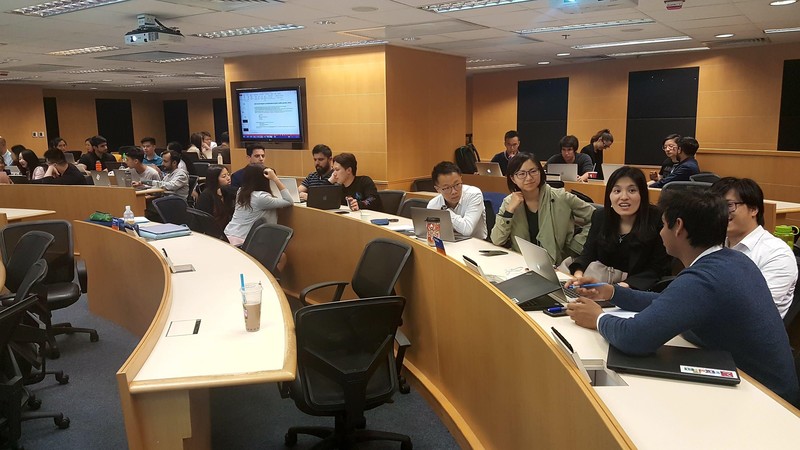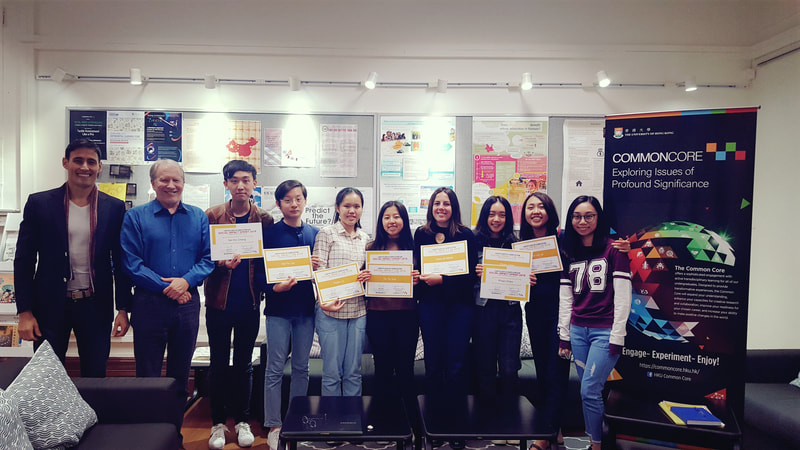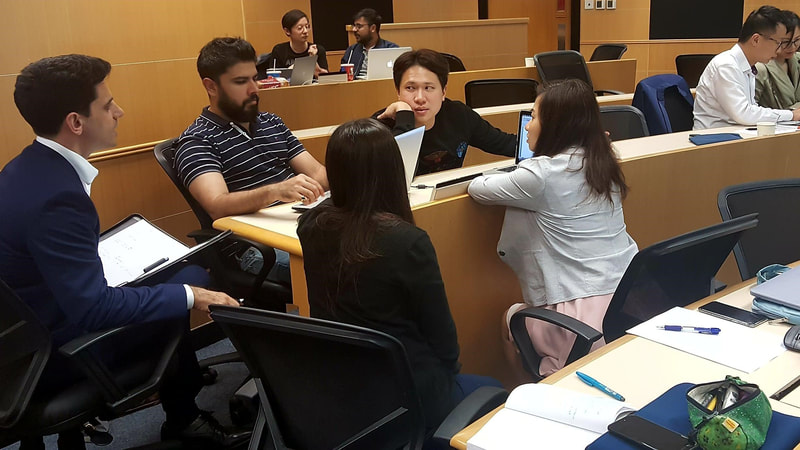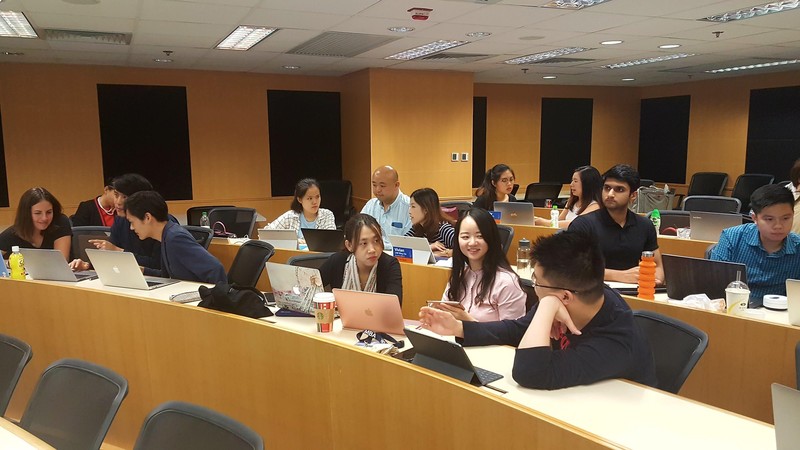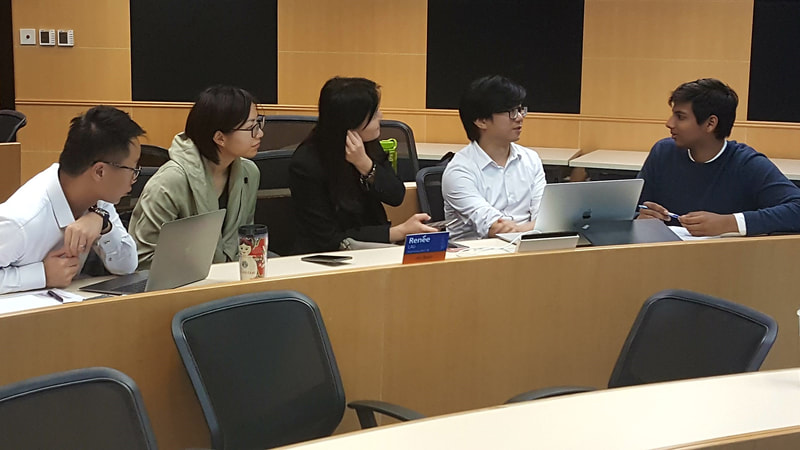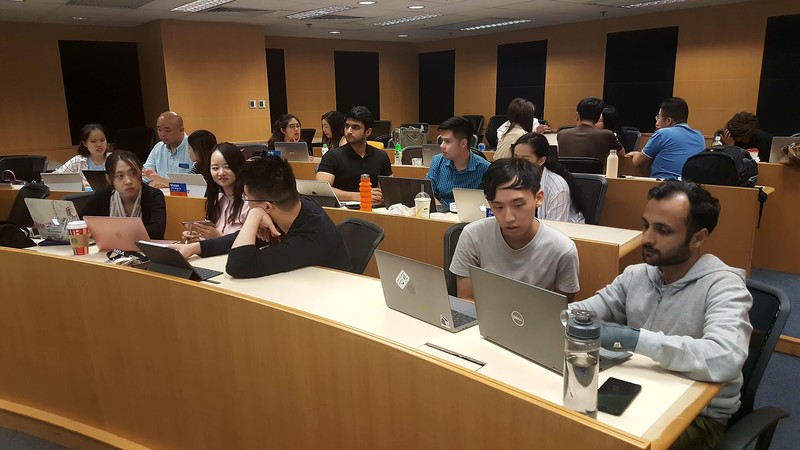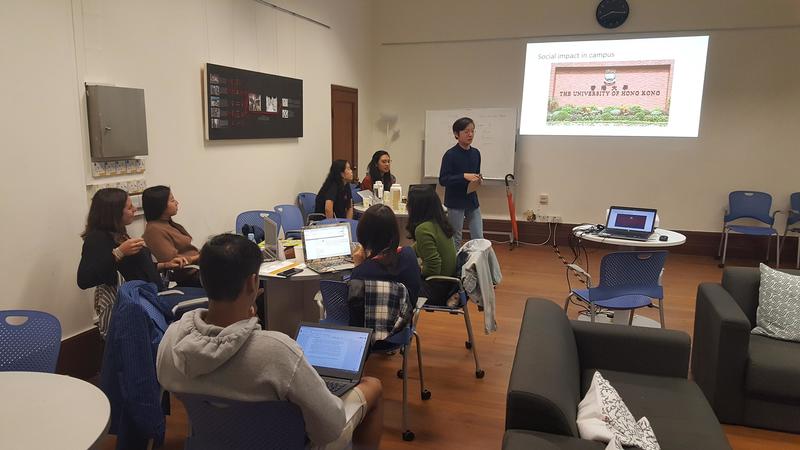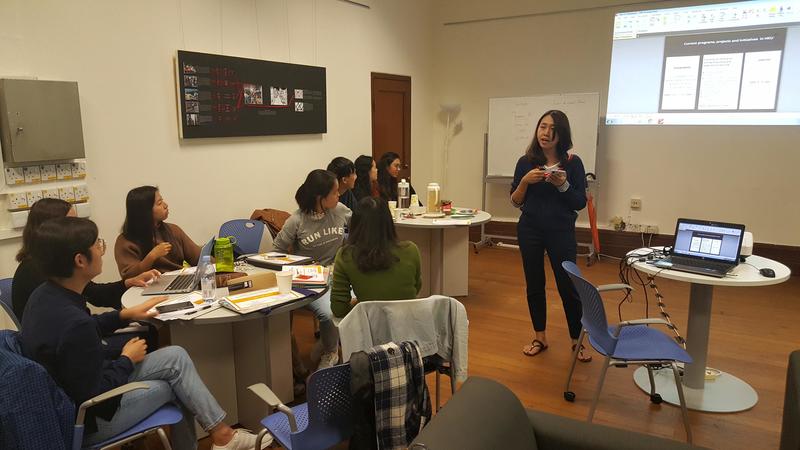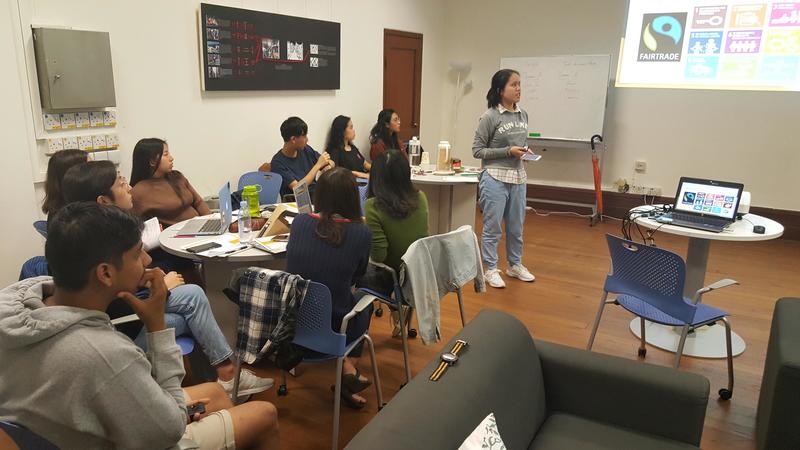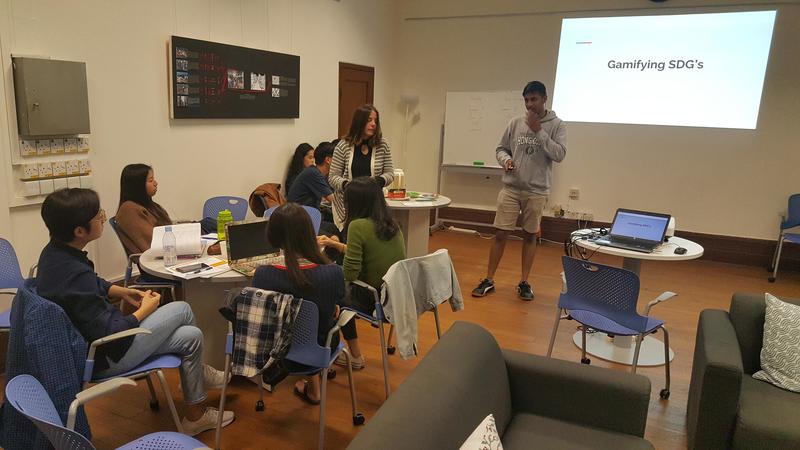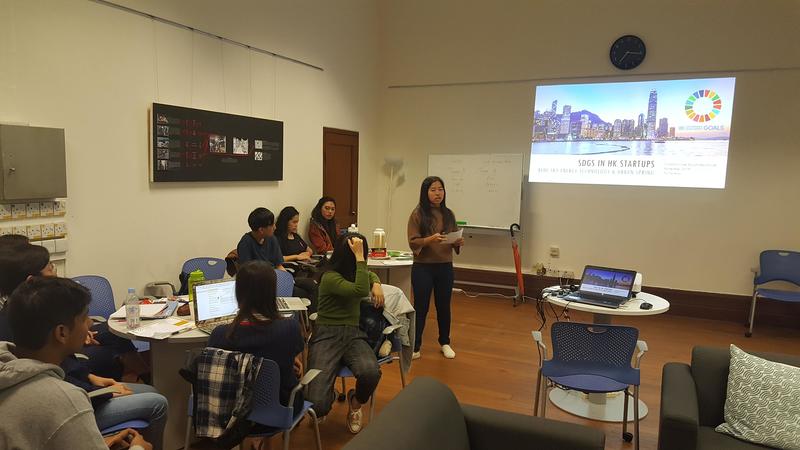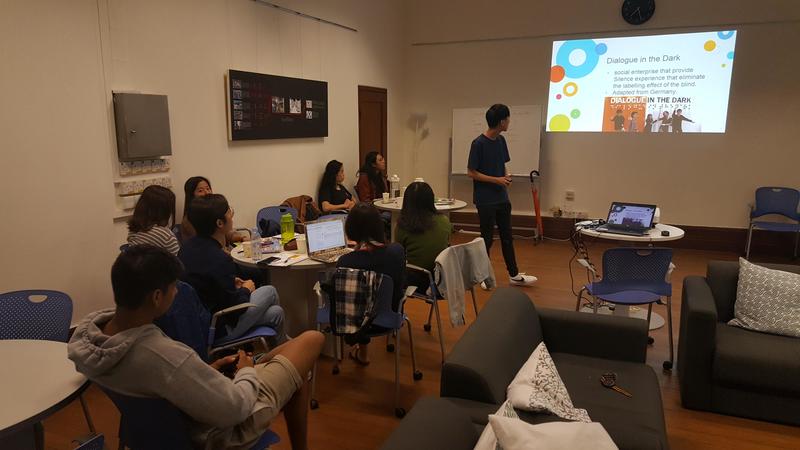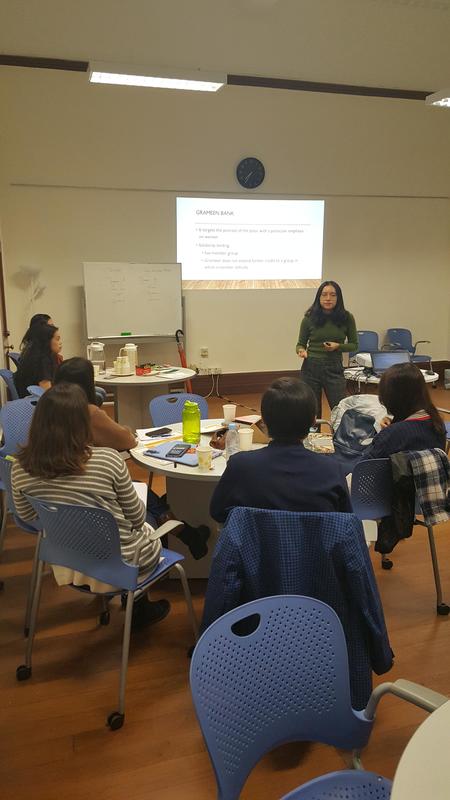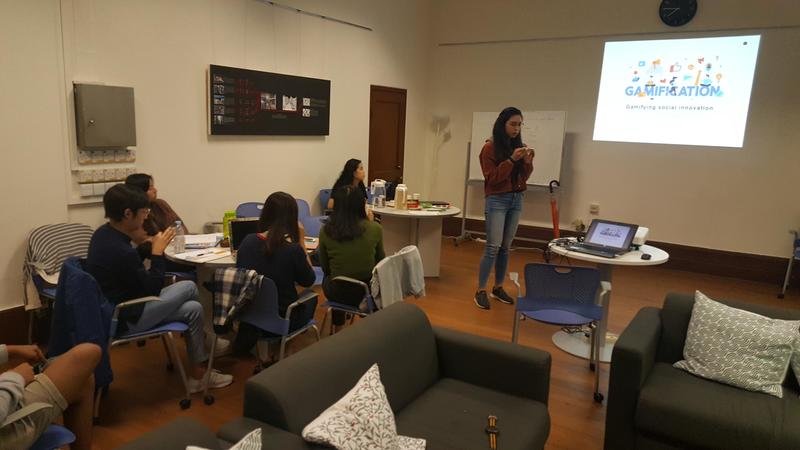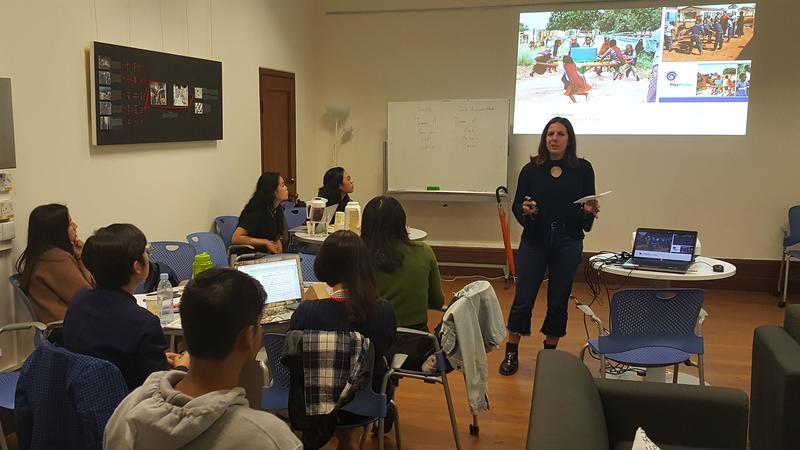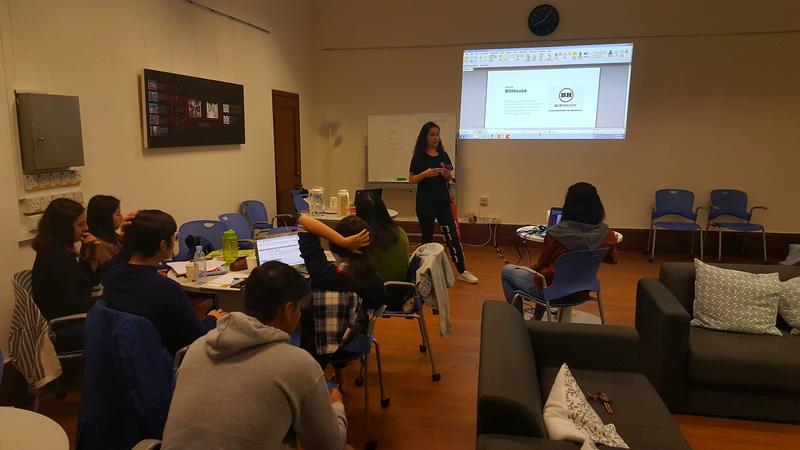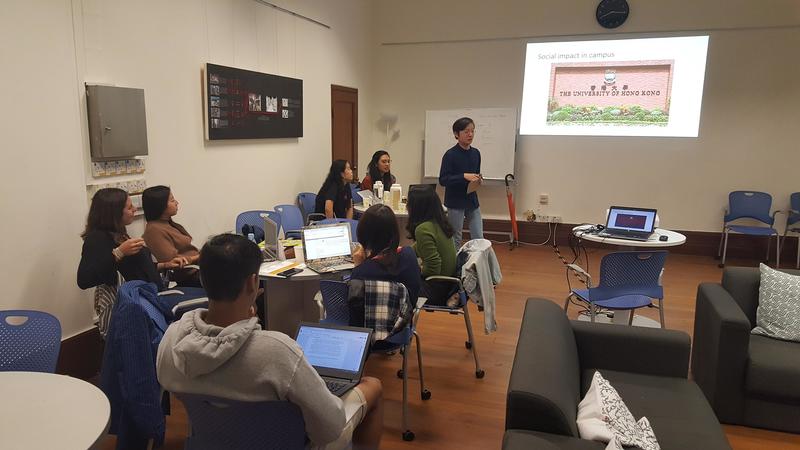SOCIAL IMPACT LAB INCUBATION PROGRAM
Addressing social problems using the SDG framework and an entrepreneurial approach
The Social Impact Lab incubation program, provides the opportunity to corporates, entrepreneurs and business students to address social impact problems using the SDG framework with an entrepreneurial approach whilst pursuing their passion for innovation and acquiring an overall understanding of the startup journey. With a core focus on social impact, the program will enable a thorough understanding of the work being done at a global level by governments, civil society and entrepreneurs.
The 2018 edition of the Social Impact Lab was held at the Common Core Hong Kong University - a series of courses across areas of inquiry that is required of all HKU undergraduates. As with similar programmes at other world-class universities, the Common Core supports students to build friendships across the Faculties; broaden intellectual and social perspectives and to develop innovative skills graduates need to address the complexities of 21st century life.
The 2018 edition of the Social Impact Lab was held at the Common Core Hong Kong University - a series of courses across areas of inquiry that is required of all HKU undergraduates. As with similar programmes at other world-class universities, the Common Core supports students to build friendships across the Faculties; broaden intellectual and social perspectives and to develop innovative skills graduates need to address the complexities of 21st century life.
HOW MANY SOCIAL-RELATED PROBLEMS
CAN YOU FIND IN YOUR NEIGHBOURHOOD, CITY, COUNTRY?
PROGRAM OBJECTIVES
1) Incubate social impact concepts through an SDG framework and using an entrepreneurial approach
2) Promote problem‐solving capabilities within a dynamic setting
3) Provide awareness, exposure and understanding to a variety of impact themes being addressed globally
4) Provide ready‐to‐use methodologies for entrepreneurial and social innovation
5) Enable students to have a better understanding of the current social directives from local governments
6) Convey key fundamental factors that enhance project sustainability/viability
7) Encourage systematic and focused thinking whilst encouraging system-level perspective to transform entire areas, sectors or markets
8) Provide the opportunity to interact with industry professionals whilst creating space for experimentation
2) Promote problem‐solving capabilities within a dynamic setting
3) Provide awareness, exposure and understanding to a variety of impact themes being addressed globally
4) Provide ready‐to‐use methodologies for entrepreneurial and social innovation
5) Enable students to have a better understanding of the current social directives from local governments
6) Convey key fundamental factors that enhance project sustainability/viability
7) Encourage systematic and focused thinking whilst encouraging system-level perspective to transform entire areas, sectors or markets
8) Provide the opportunity to interact with industry professionals whilst creating space for experimentation
INTERDISCIPLINARY LEARNING
FOR THE 21st CENTURY WORKFORCE
SOCIAL IMPACT LAB 2018 EDITION
AT HONG KONG UNIVERSITY COMMON CORE
TEACHING & LEARNING ACTIVITIES
A combination of themed‐based interactive lectures, discussion of real-life examples, project workshops and ongoing presentations are the core of the learning activities for this program. Slides, start‐up pitch videos, innovation case studies and experts’ presentations will be critical to provide useful and applicable insights and to promote constructive discussions. Each project will align with a cluster of the Sustainable Development Goals and focus on a problem topic. The iterative process follows an entrepreneurial approach and its output should contribute to present and future social ecosystems.

